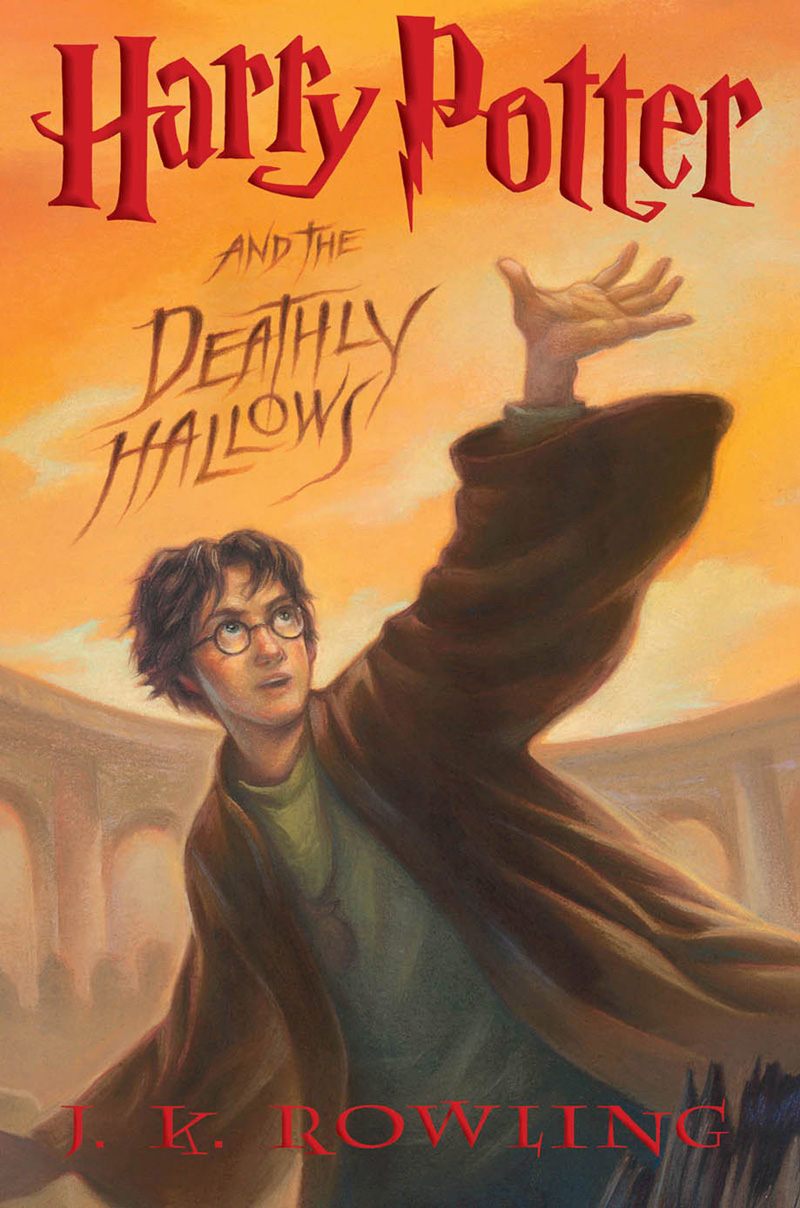Michel de Montaigne’s “On Cannibals” and Jonathan Swift’s “A Modest Proposal” call several things to my mind. I think it would be generally agreed that cannibalism is the number one of what are referred to as “food taboos,” however I don’t think “food taboo” quite covers it, because it’s a more fundamental concept than that. Though I know that food taboos operate on deep cultural, psychological, and philosophical levels, to me the title “food taboo” sounds too casual. The thing that fascinates me the most about cannibalism is just how fascinated much of Western society is with it. The public is certain to remember true stories involving cannibalism, such as pertain to the Donner Party or Jeffrey Dahmer. Most Americans associate the Donner Party with cannibalism, even if they don’t know many other facts about it. Several movies and a musical have been made about
I typed the word “cannibal” in a search on the Internet Movie Database and pulled up a long list of movies about cannibals and with characters named “Cannibal.” This list includes the movie “Cannibal Holocaust”—soon to be released on a 25th anniversary DVD—which my horror-film-obsessed friend says is the type of movie you watch, “when you just want to be disgusted with everything and feel like the world is NOT OK.” Consider the success of The Silence of The Lambs’ Hannibal Lecter, who has appeared in five books and the same number of films, and was voted in 2001 to be the “most memorable villain in film history” by the American Film Institute. I doubt there are many Americans of my generation or older who fail to associate fava beans with the line, “I ate his liver with some fava beans and a nice chianti.” The horror genres of vampire and zombie fiction are based on ideas linked to cannibalism. Both are extremely popular forms of entertainment, as well.
I remember reading Piers Paul Read’s Alive in high school. It’s the story of the Uruguayan rugby team whose plane crashed in the













No comments:
Post a Comment